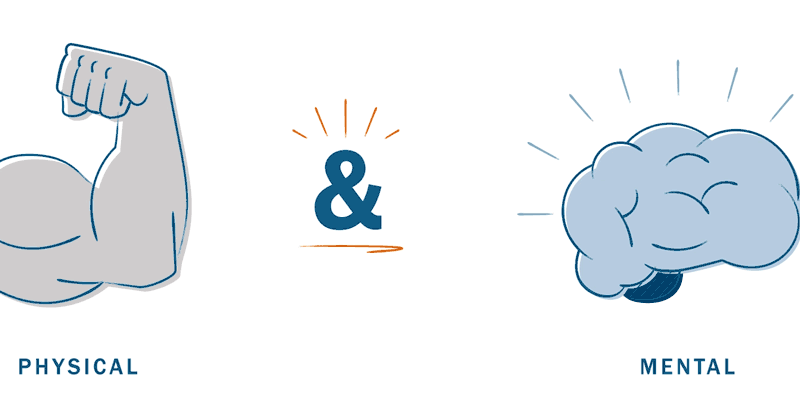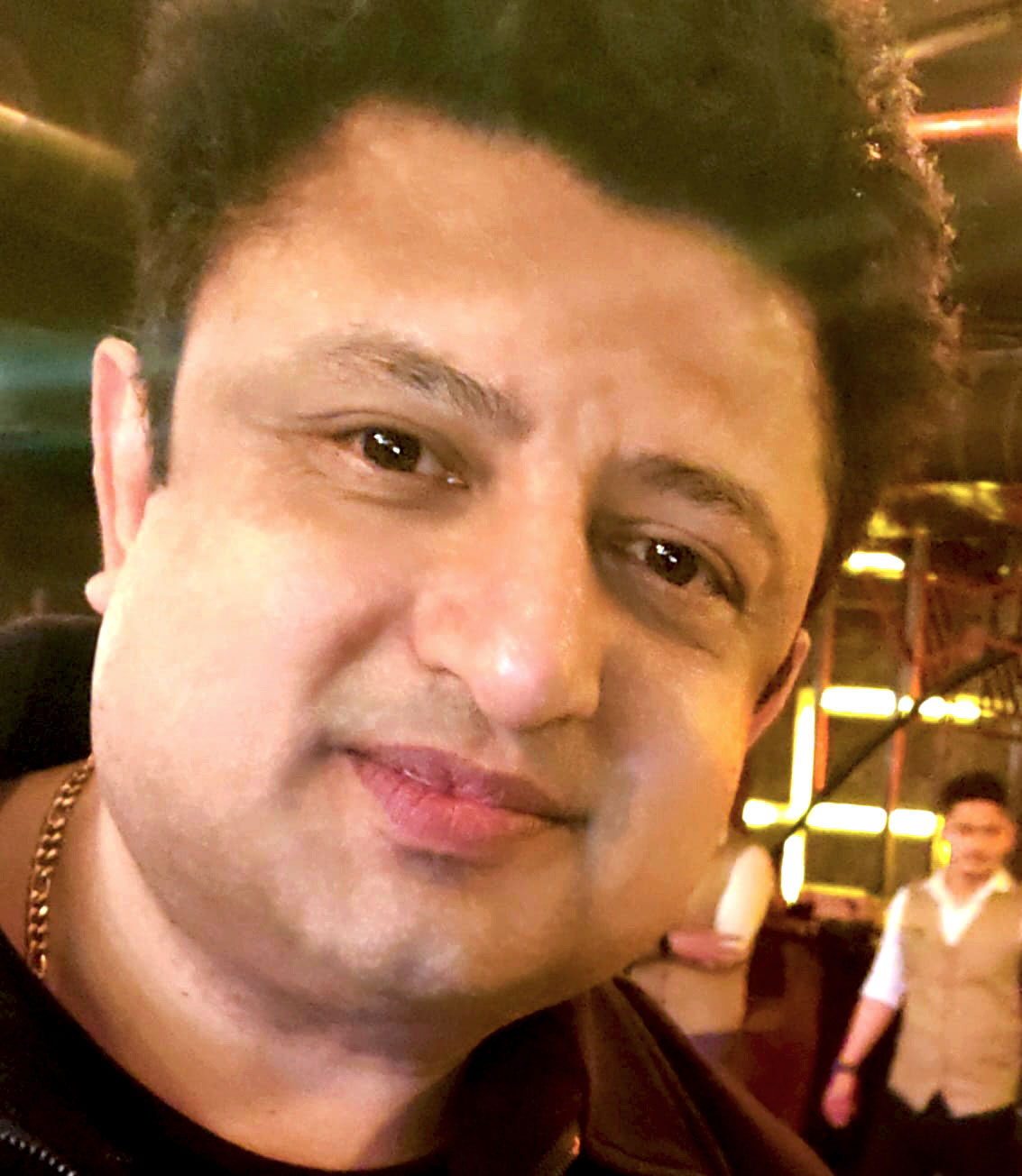What requires mental work, what requires physical work and what requires both?
“Mental” and “Physical” are terms that are often used to describe different aspects of our existence, by “mental” referring to aspects related to the mind or consciousness, and by “physical” referring to aspects related to the body or the material world.
“Mental” and “Physical” represent different dimensions of human experience, with the former pertaining to the mind and consciousness, and the latter pertaining to the body and the material world. The relationship between these two aspects is complex, and various perspectives exist on how they interact and influence each other.
Mental:
Mind and Consciousness: The mental aspect is often associated with thoughts, emotions, perceptions, and consciousness. It encompasses cognitive processes such as thinking, reasoning, and memory.
Subjective Experience: Mental experiences are often considered subjective, meaning they are personal and can vary from individual to individual.
Physical:
Body and Matter: The physical aspect pertains to the tangible and measurable aspects of existence, including the body and the material world. It includes biological processes, bodily functions, and the physical laws that govern the universe.
Objective and Observable: Physical phenomena are often considered objective and observable, meaning they can be studied and measured by external observers.
Both (Mind-Body Connection):
Interaction: The concept of the mind-body connection suggests that the mental and physical aspects are interconnected. Changes in the mind can influence the body, and vice versa.
Holistic Perspective: Some philosophical and medical perspectives emphasize the integration of mental and physical well-being, viewing individuals as holistic beings with interconnected mental and physical dimensions.
Tasks and activities can be categorized based on whether they primarily involve mental work, physical work, or a combination of both. Here are some examples:
Mental Work:
Problem-Solving: Engaging in complex problem-solving, critical thinking, and decision-making exercises typically involves mental work.
Creative Endeavors: Activities that require creativity, such as writing, composing music, or creating art, are often mentally demanding.
Analytical Tasks: Analyzing data, conducting research, and interpreting information are mental activities.
Learning and Studying: Activities related to acquiring new knowledge, studying, and learning new skills are predominantly mental.
Physical Work:
Manual Labor: Jobs or tasks that involve physical exertion and manual labor, such as construction work, farming, or manufacturing.
Athletic Activities: Engaging in sports, physical exercise, or other activities that require physical strength and coordination.
Household Chores: Tasks like cleaning, lifting, and organizing that involve physical effort fall into this category.
Construction and Maintenance: Building, repairing, or maintaining physical structures and objects often requires physical work.
Both Mental and Physical Work:
Sports that Require Strategy: Some sports, like chess or certain types of team sports, involve a combination of mental strategy and physical execution.
Artistic Performances: Performing arts, such as acting or dance, often require both mental preparation and physical execution.
Medical Professions: Healthcare professionals may need to apply both their mental knowledge (diagnosis, treatment planning) and physical skills (performing surgeries, medical procedures).
Cooking: Planning and executing a complex recipe involves mental processes (recipe understanding, ingredient proportions) and physical actions (chopping, cooking).
Many tasks in daily life and in various professions involve a combination of mental and physical aspects, and the division between the two is often not strict. The interaction between mental and physical work is a fundamental aspect of human activities, and individuals often engage in tasks that require a synergy between cognitive and physical abilities.



